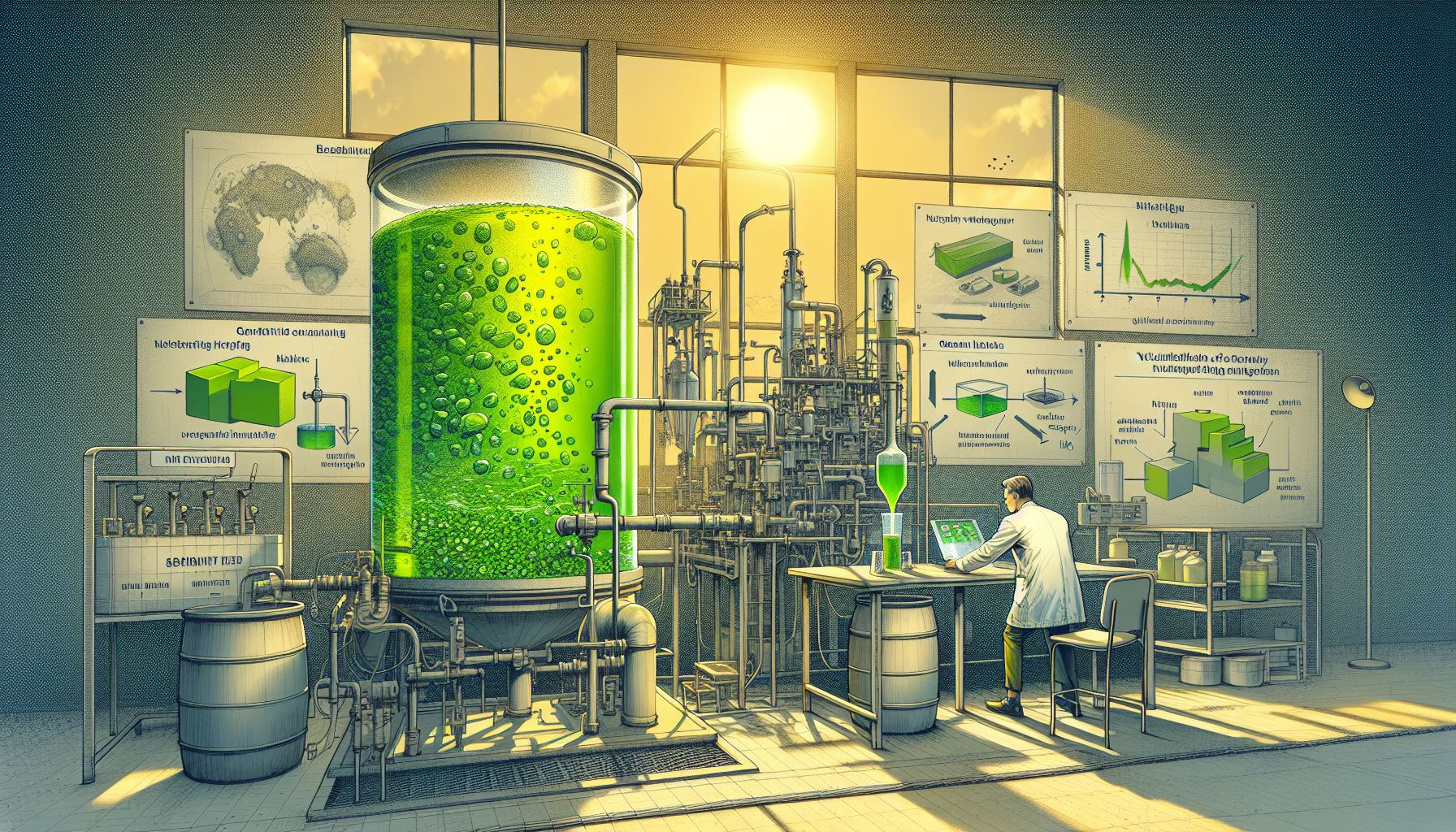Dutch Researchers Generate Green Hydrogen from Urine

Netherlands, Tuesday, 13 May 2025.
Innovative technology enables the production of affordable hydrogen from urine while purifying nitrogen-rich wastewater. This breakthrough presents sustainable energy solutions alongside environmental protection benefits.
Breakthrough in Sustainable Hydrogen Production
Researchers from the University of Adelaide and the ARC Centre of Excellence for Carbon Science and Innovation have developed two groundbreaking electrolysis systems that generate hydrogen from urine while simultaneously purifying wastewater [1]. The innovative systems demonstrate remarkable efficiency, reducing electricity consumption by 20-27% compared to traditional water-splitting methods [1][2].
Technical Innovation and Environmental Benefits
Under the leadership of Professor Yao Zheng, the research team has created two distinct systems. The first utilizes a membrane-free approach with pure urea, while the second system processes human urine directly [2]. A significant breakthrough came through the development of a chloride-mediated oxidation mechanism using platinum-based catalysts on carbon supports, effectively addressing the corrosion challenges typically associated with processing urine [1].
Future Implementation and Cost Considerations
While the current system relies on expensive platinum catalysts, researchers are actively working on developing more cost-effective alternatives using non-precious metal carbon-based catalysts [1]. Professor Zheng emphasizes that despite not solving all challenges, the systems successfully produce harmless nitrogen gas instead of toxic nitrates and nitrites when scaled up [2]. This innovation could potentially position the technology to produce hydrogen at costs comparable to or lower than conventional grey hydrogen production methods [2].
Global Context and Market Potential
This development comes at a crucial time when global hydrogen initiatives are expanding rapidly. China, for instance, has already established itself as a leader in renewable hydrogen production, with over 125 million kg produced annually [3]. The innovative urine-to-hydrogen technology could contribute significantly to the growing hydrogen economy, particularly in regions seeking sustainable energy solutions [alert! ‘market adoption timeline not specified’].

